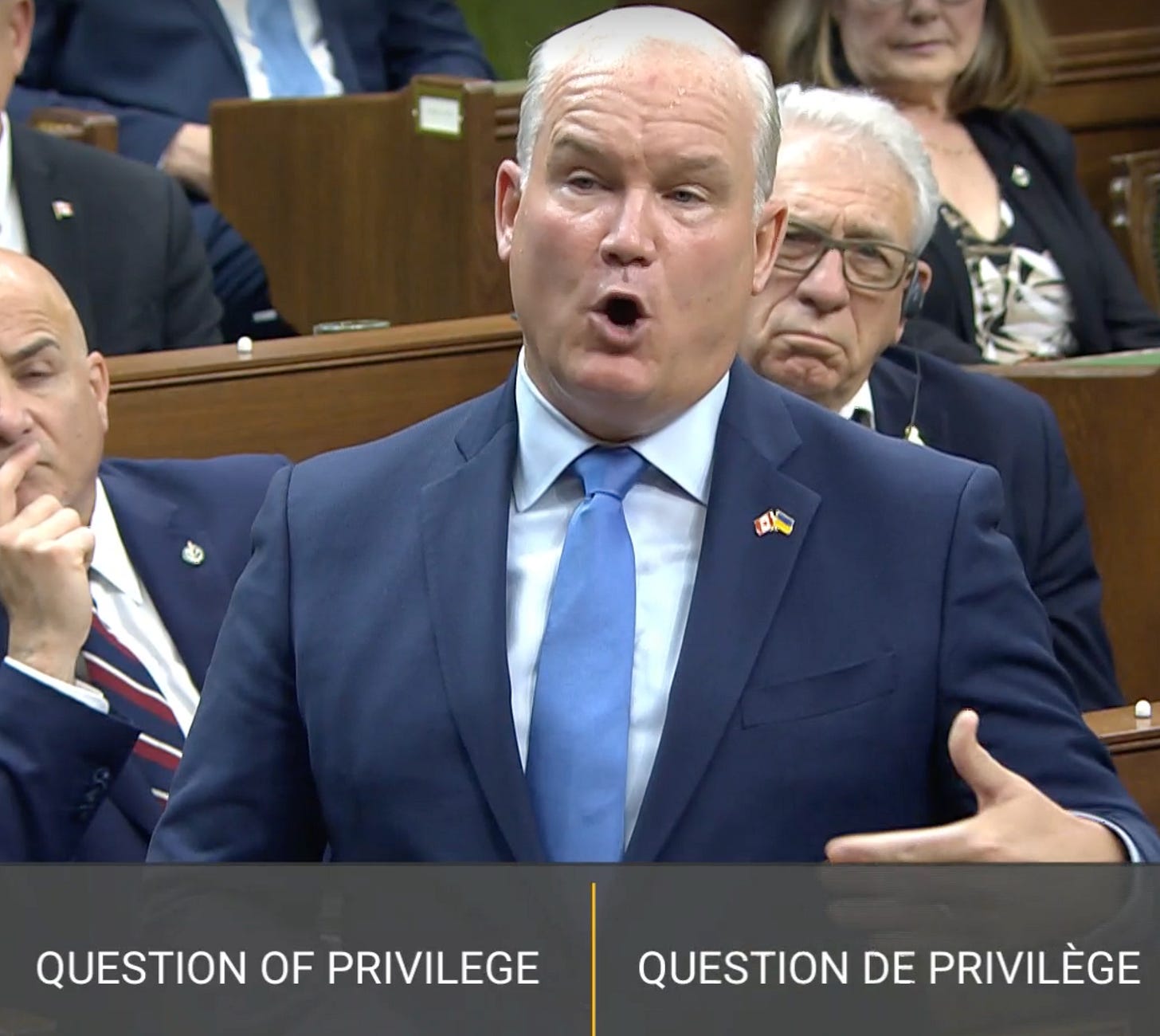CSIS document says WeChat weaponized to defeat Conservatives in 2021
Part 2 of The Bureau's CCP-media control investigation: CSIS report validates allegations that Beijing used social media to turn Chinese-Canadians against Conservative Party
An October 2022 CSIS report confirms that WeChat, a social-media platform controlled by Beijing, was weaponized in Canada’s 2021 federal contest to hurt the election chances of the Conservative Party, The Bureau has learned.
The allegations aren’t new, since former Conservative leader Erin O’Toole informed Parliament in May, that CSIS had briefed him on Beijing’s funding of a “sophisticated misinformation and voter suppression campaign” on WeChat.
But the October 2022 CSIS document — analyzed exclusively by The Bureau — now validates O’Toole’s story and the previously reported concerns of former Conservative MP Kenny Chiu, who claimed his 2021 re-election campaign was harmed by disinformation attacks on WeChat.
The document also resonates internationally, adding weight to findings from a new Australian government report that cites Chiu’s WeChat allegations and questions the Trudeau Government’s response to Beijing’s interference.
Labelled “Canadian Eyes Only” — the October 2022 CSIS document details Beijing’s systematic attacks on Canada’s recent elections and clandestine support of candidates at all levels of government, using traditional media and WeChat to interfere in political outcomes.
According to the intelligence assessment, Beijing’s interference has increased as the proportion of Mainland China migrants rises in Canada’s diaspora communities.
“WeChat is a Chinese-language social media platform that is widely used by the broader diaspora to maintain links back to family in China and to consume Chinese-language media and news,” the CSIS document says.
“However, the platform is subject to the CCP’s cyber regulations and is heavily censored. During GE44 [Canada’s 2021 election] disinformation activities targeting the Conservative Party of Canada and a CPC candidate were [conducted on WeChat.]”
While Kenny Chiu is not identified, O’Toole believes Chiu is the candidate referred to.
In an interview, O’Toole said during the 2021 campaign, his party provided evidence to SITE, Ottawa’s election-interference monitor, documenting WeChat disinformation against himself and Chiu, the incumbent MP in Richmond, British Columbia.
The Conservatives asked Canadian officials to intervene and warn Chinese communities they were being lied to on WeChat, O’Toole said, but SITE dismissed the party’s complaint.
“This [October 2022 CSIS] document shows the government has not only been deficient in countering this threat,” O’Toole said, “but they actively worked to minimize concerns about it.”
The CSIS document also invalidates the report of former Special Rapporteur David Johnston, who relied on SITE’s rejection of WeChat disinformation evidence, and also concluded Beijing didn’t disfavour any party in the 2021 election.
“There is certainly a possibility that some part of the Chinese Canadian community did not agree with the (Conservative party’s) position on China … this is not foreign interference; it is the democratic process,” Johnston’s report said.
Meanwhile, evidence of WeChat’s corrosive impacts in Canada’s democracy continues to mount, as Ottawa acknowledged this week Conservative MP Michael Chong was smeared in new misinformation attacks, discovered in June 2023.
“Secretly cooperate with Chinese intelligence agencies”
An August 2023 Australian Senate Committee report — which could influence the languishing debate in Ottawa over whether a public inquiry focused on Beijing’s incursions should be mounted — found interference from authoritarian regimes including China, is Australia’s principal national security threat, and Chinese social media apps pose “unique national security risks.”
The committee described interference as clandestine foreign activity “to corrupt our decision-making, political discourse and societal norms.”
It said “the scale, speed and ease at which these activities can be conducted online means social media is increasingly being weaponized to spread disinformation to deliberately mislead.”
It cited Kenny Chiu’s testimony on “alleged efforts to oust candidates seen as unfriendly to Beijing,” in the 2021 election.
Keep reading with a 7-day free trial
Subscribe to The Bureau to keep reading this post and get 7 days of free access to the full post archives.



